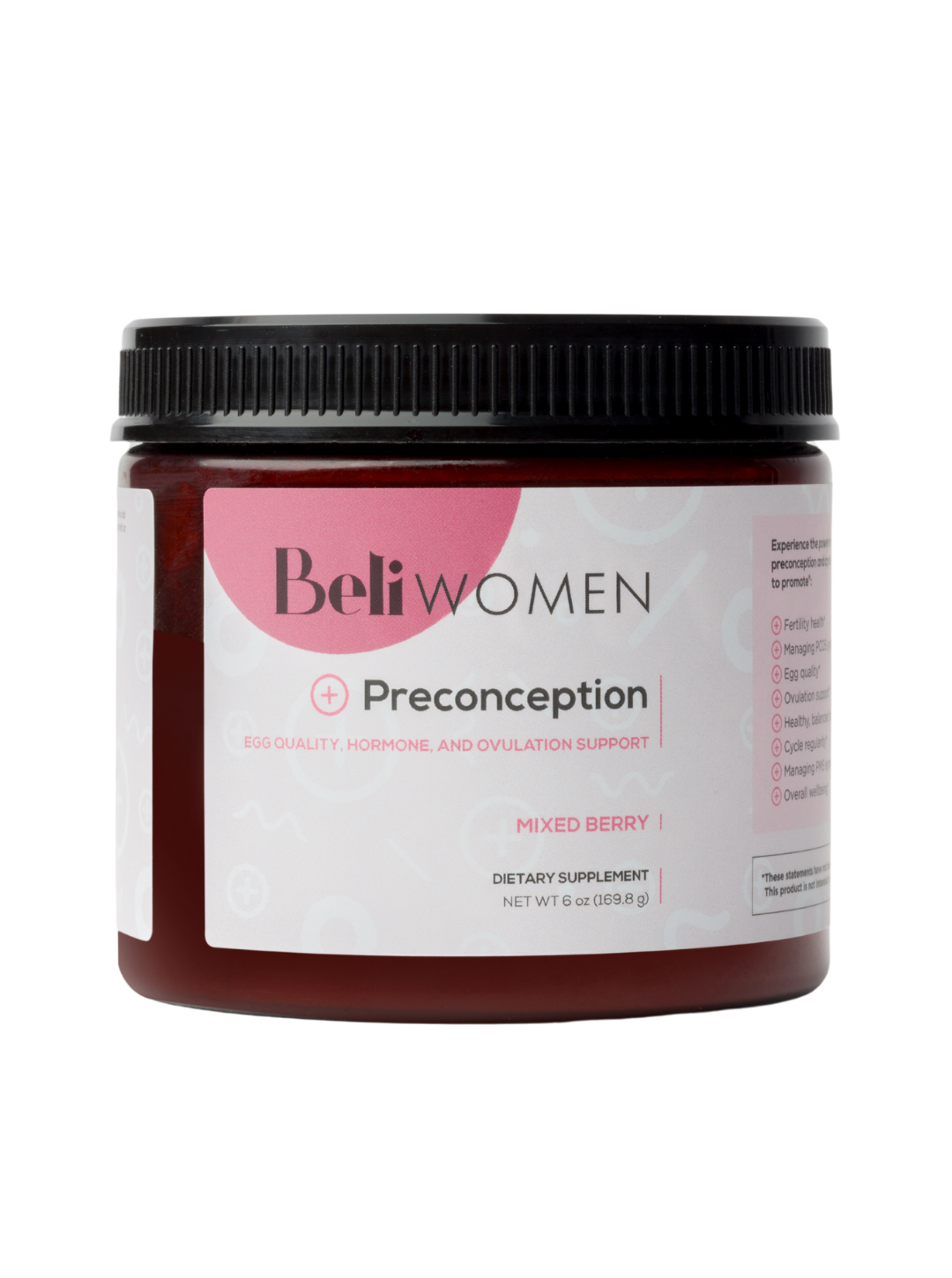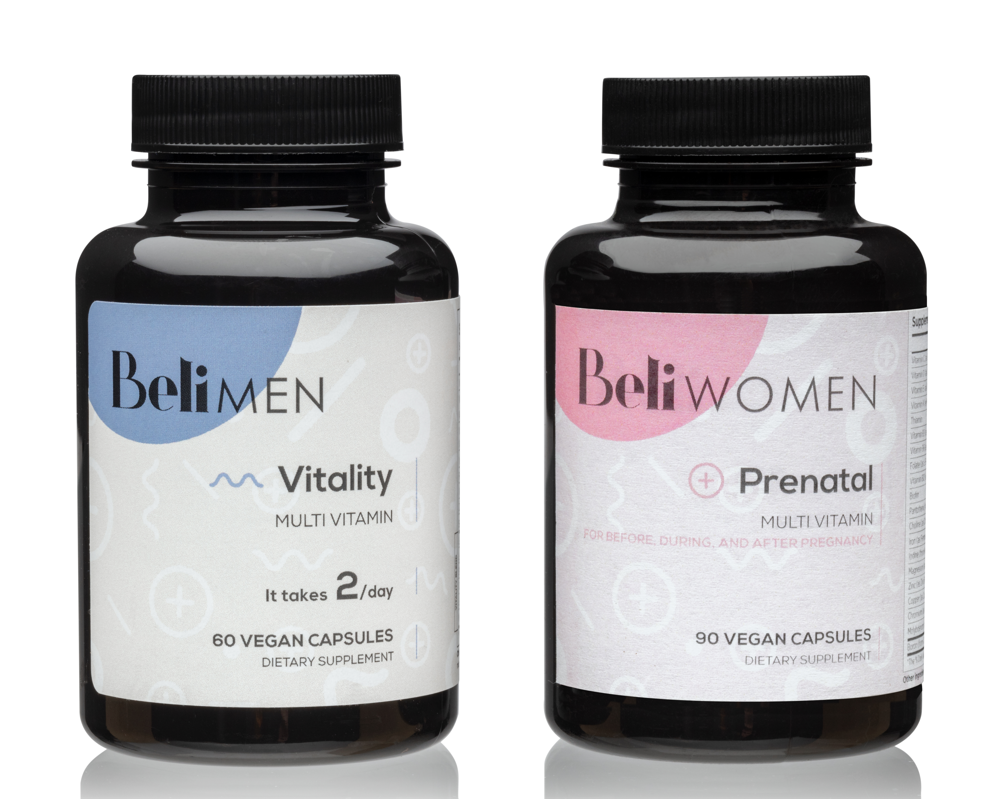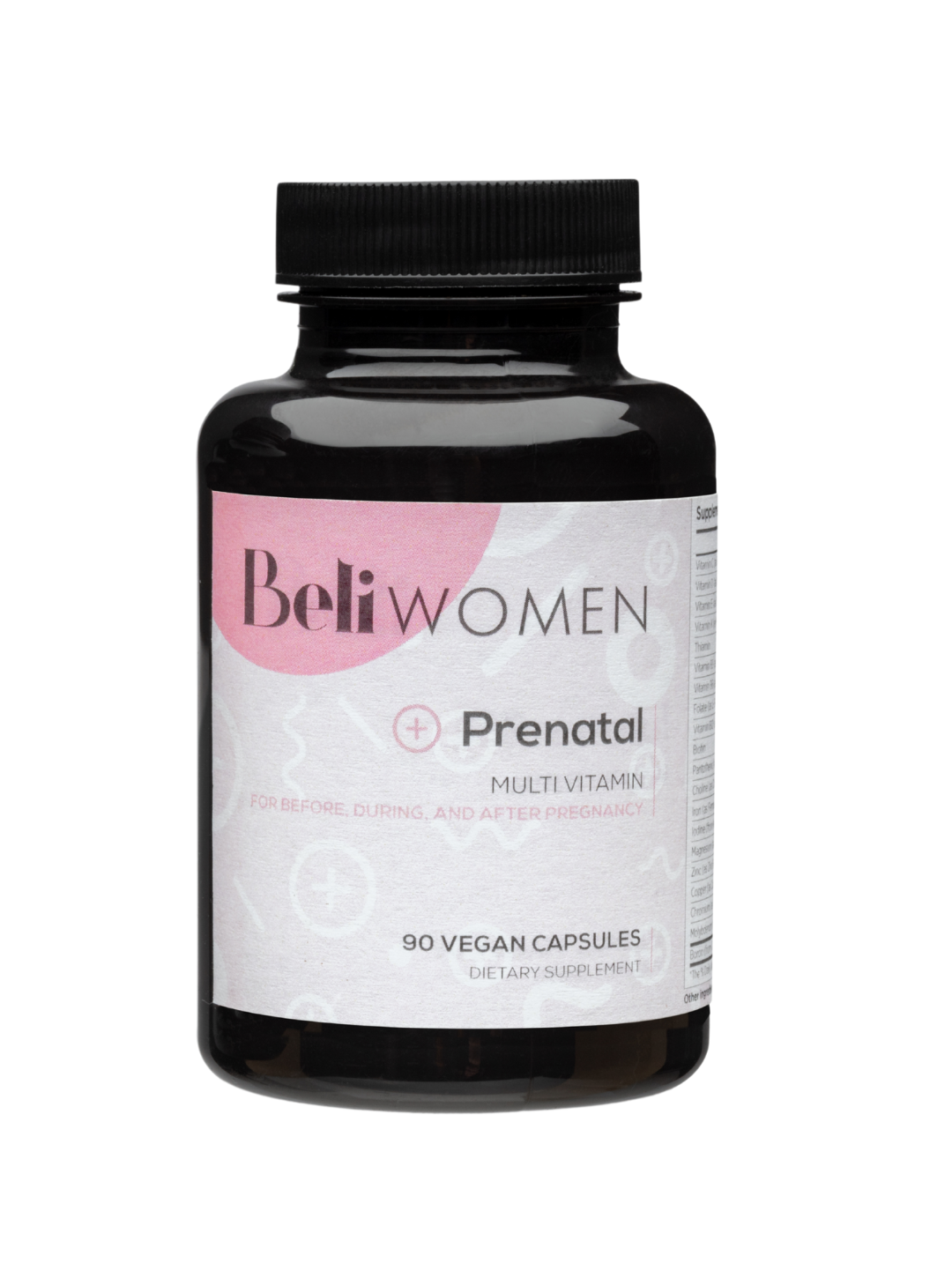We’ve written about birth control and fertility before, but it’s a topic that bears repeating. The concern that hormonal contraception affects future fertility is making the rounds on social media, and it’s pressing enough that it’s affecting contraceptive use among some young populations. But research continues to show that all that worry is for naught. Birth control doesn’t cause long-term fertility issues, but it can mask them by creating an artificial cycle—something that’s important to understand.
Key Takeaways
- Hormonal birth control works by delivering a low dose of sex hormones to prevent pregnancy.
- Some people worry that introducing extra hormones into the body will wreak havoc on their fertility, but it doesn’t work that way.
- Decades of research have found no evidence that birth control negatively affects fertility.
- However, it’s important to recognize that birth control creates an artificial cycle, which could mask fertility issues that you won’t be aware of until you stop taking birth control.
How Does Hormonal Birth Control Work?
Essentially, birth control pills (or the patch, the ring, the shot or an IUD) work by releasing a low dose of sex hormones that keep you from ovulating. When there’s no ovulation, there’s no egg, so there’s nothing for sperm to fertilize, which means there’s no pregnancy. By introducing these hormones into the body, hormonal birth control basically mimics a pregnancy (1). When you’re pregnant, the body releases estrogen and progestin. When you take the pill, for example, your body is being signaled to halt follicle development every month, which keeps an egg from being released, and the mucus in the cervix thickens, which makes it really difficult for sperm to get past (1).
Does Birth Control Lead To Too Many Hormones?
Since hormonal balance is so important, many people assume that an external source of hormones must be problematic in some way, either now or in the future. Just think about what happens during your period–wild hormonal swings that can leave you weepy, angry, bloated or broken out. Honestly, it’s no wonder people make the leap. But remember the whole “mimicking pregnancy” thing? Since elevated levels of estrogen and progesterone are what happens during pregnancy, you aren’t taking more hormones than the body can handle. Actually, in some cases, adding hormones not only serves as effective birth control, it helps control things like acne, cramps, bleeding and fibroids (2). That’s because it helps level out the ups and downs of your body’s own hormone production. Your body adapts to the regular dose of hormones by decreasing the amounts it makes, naturally, to ensure everything stays in balance.
The thing about birth control is that it depletes the body of specific nutrients, which is why experts recommend taking a prenatal vitamin while you’re on it. We cover that topic in depth right here, so hop over to learn more. The other thing to be aware of is that by creating an artificial cycle, birth control can mask infertility issues that you won’t be aware of until you stop taking it. Understanding your own true cycle, including its regularity and length, is really a clue into your fertility health, so this is what you’re giving up. It’s not right or wrong, it’s just something to understand. Something else worth considering: Beli’s Preconception Boost is a multifaceted supplement formulated to support a woman’s reproductive health (even if a baby is a long way off) with key nutrients that can be depleted from hormonal birth control. They also help set the stage for a future pregnancy, if that’s what you’re eventually planning. Now, back to the main topic!
What About Long-Term Fertility Issues?
If you’re thinking that tricking your body into thinking it’s pregnant for years on end has to have repercussions, good news. Researchers have studied that very issue for decades, and to date, there is no evidence that long-term hormonal birth control affects fertility now or in the future. In 2018, a comprehensive review looked at 22 studies from 1985 to 2017, all of which related to fertility after ceasing hormonal birth control (3). The big takeaway? Birth control isn’t detrimental to fertility—a full 83% of women became pregnant within a year of coming off birth control. That backs up earlier research from 2009 that looked at 60,000 women who were trying to conceive after stopping hormonal birth control (4). Eighty percent were pregnant within a year, and a 20% conceived on their first cycle after stopping. According to researchers, those numbers are similar to people that have never used hormonal birth control.
Despite all of this, the misconception persists. And it’s believable enough among young people that it’s stopping them from using contraception. That’s according to a 2023 study, which looked at over 2,000 female community college students and found that 69% worried about contraception affecting their future fertility (5). Researchers concluded, “Most students feared contraception’s impact on fertility, and this fear was associated with not using contraception.” Here's hoping this alleviates some concerns!
The Takeaway
There’s no reason to conflate hormonal birth control with fertility issues, so put that worry out of your mind (and tell all your friends, and your daughters, and everyone on social media, because apparently everyone has this backwards). What it can do is zap key nutrients (so pair it with a great prenatal vitamin and reproductive health supplement like Beli for Women and Beli Preconception) and be aware that you really don’t know much about your cycle when it’s artificial.
Article Resources
- Cooper, D et al. (2022). Oral contraceptive pills. https://www.ncbi.nlm.nih.gov/books/NBK430882/
- Schrager, S et al. (2020). Beyond birth control: noncontraceptive benefits of hormonal methods and their key role in the general medical care of women. https://www.liebertpub.com/doi/abs/10.1089/jwh.2019.7731
- Girum, T et al. (2018). Return of fertility after discontinuation of contraception: a systematic review and meta-analysis. https://link.springer.com/article/10.1186/s40834-018-0064-y
- Shahnazi, M et al. (2014). A Comparison of Second and Third Generations Combined Oral Contraceptive Pills’ Effect on Mood. https://www.ncbi.nlm.nih.gov/pmc/articles/PMC4222004/
- Watson, A et al. (2023). Concern that contraception affects future fertility: How common is this concern among young people and does it stop them from using contraception https://www.sciencedirect.com/science/article/pii/S2590151623000151





